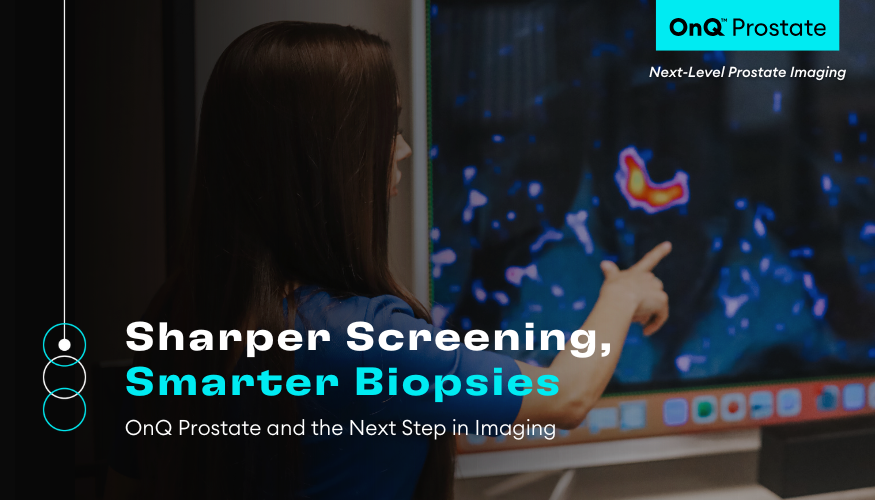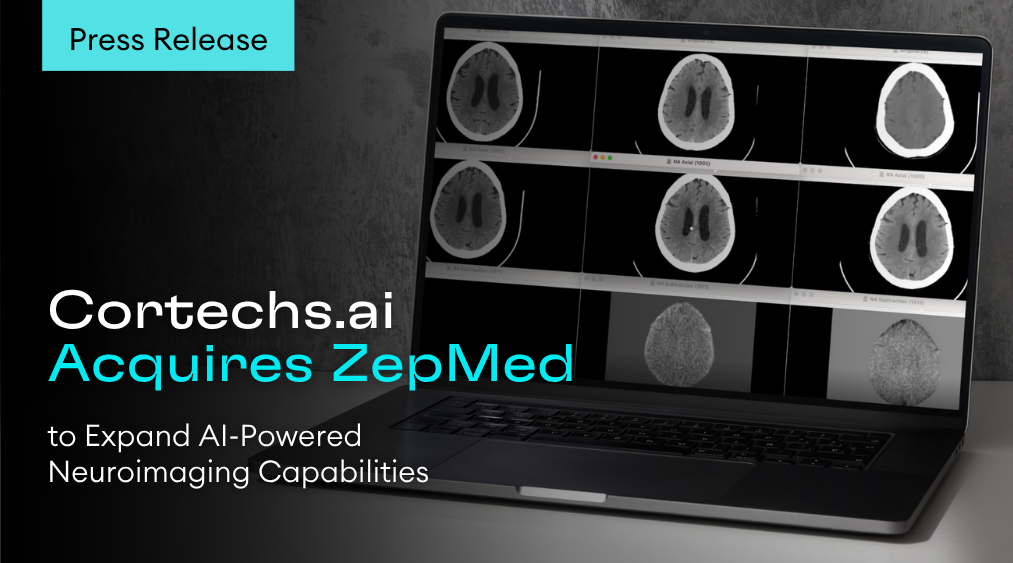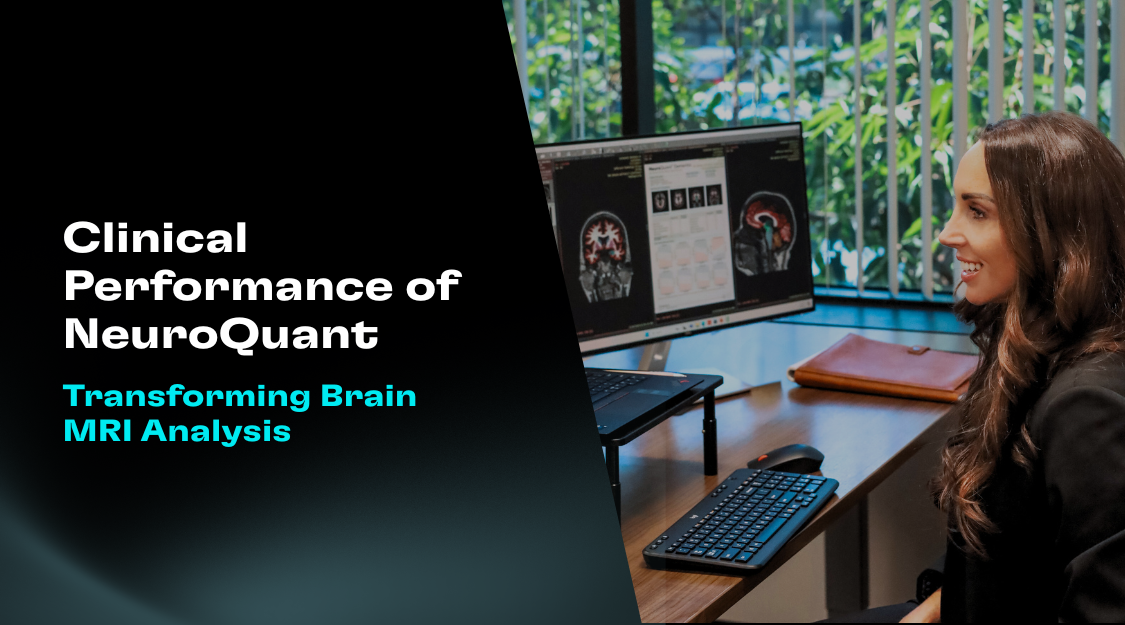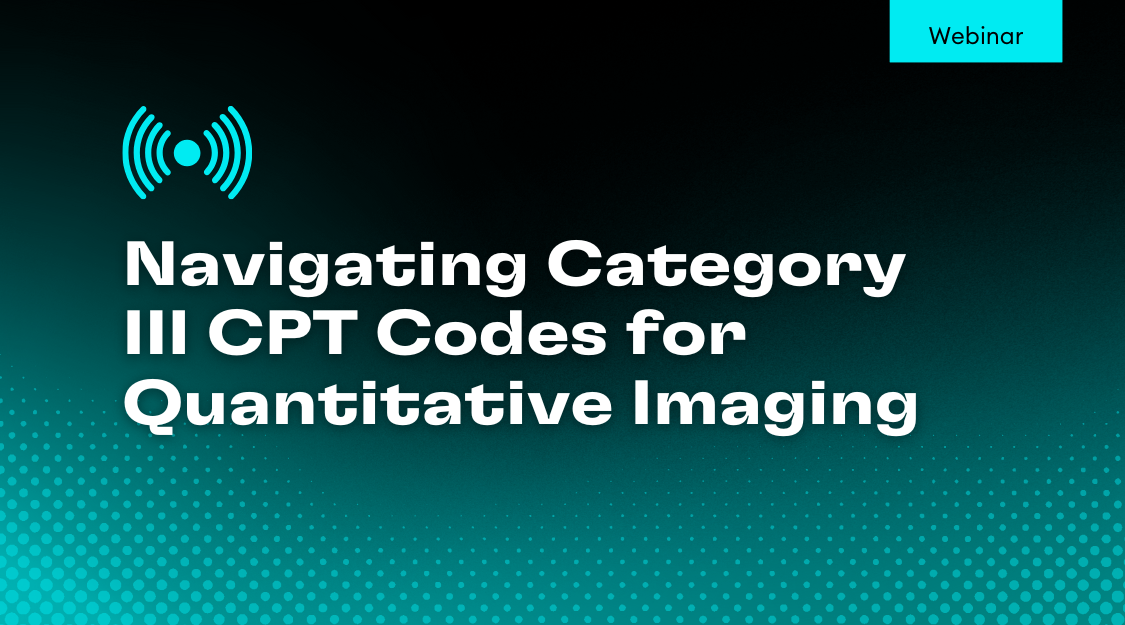Introduction
On-Demand Prior Processing v4.1 by Cortechs.ai marks a significant leap to improve longitudinal analysis of NeuroQuant studies. This blog post aims to unpack this new operational feature improvement.
What is On-Demand Prior Processing 4.1?
On-Demand Prior Processing 4.1 is designed to streamline and enhance the processing of MRI studies by incorporating prior studies processed with NeuroQuant. When a client is updated to version 4.1 and submits a new study, the system will:
- Search for a prior study.
- Re-run the older study with version 4.1 before processing the newest study.
- This eliminates the need for clients to upload priors that were run on earlier versions of NeuroQuant (NQ).
This integration ensures that the most accurate and up-to-date processing protocols are applied to both new and prior studies, providing a consistent and reliable basis for longitudinal analysis.
Key Features and Considerations
1. Study Processing Specifics:
- Only the most recent prior study will be processed. For multiple timepoints, clients must re-upload the oldest case to the most recent for comprehensive multi-time point results.
- Results from prior studies will not be returned to the prior report folder but will be integrated into the latest study’s analysis.
2. Longitudinal Study Rules:
- Consistency is key: the same manufacturer, field strength, and MRI protocol must be used across studies.
- Studies processed with “derived” or multi-planar (MPR) sequences are incompatible with version 4.1 due to new filters blocking these images.
- If a prior study failed previously, it will not be processed under the new version.
3. Graphic User Interface (GUI) and Output:
- The user GUI will download the older version’s output for older time points.
- If QC checks were disabled in the prior study, processing may fail when QC checks are enabled under version 4.1.
Conclusion
The introduction of On-Demand Prior Processing 4.1 represents a significant advancement in processing brain MRI studies for NeuroQuant. This feature eliminates any additional steps for the imaging department of having to push priors before sending the current study. This will increase user satisfaction and ensure appropriate longitudinal studies are being evaluated.
Thank You
For more information and support, visit www.cortechs.ai or contact your Cortechs.ai representative.






